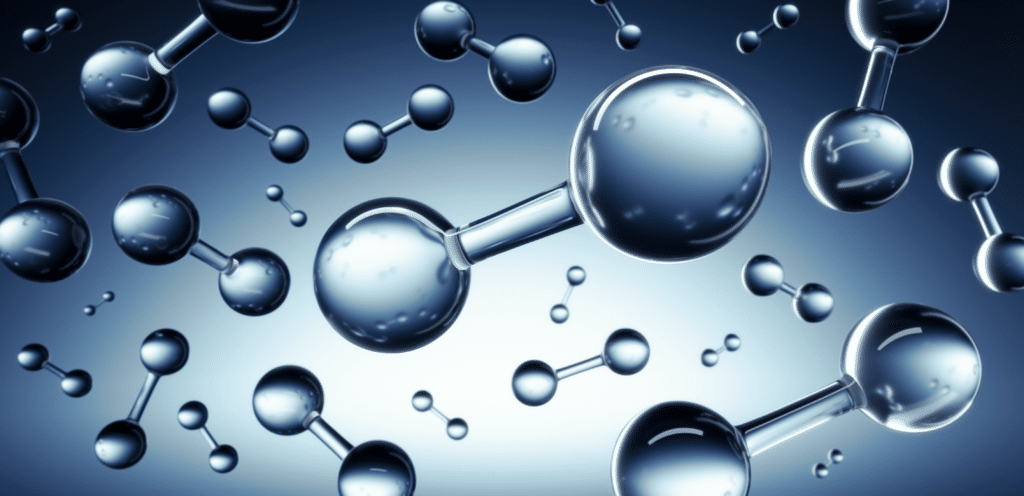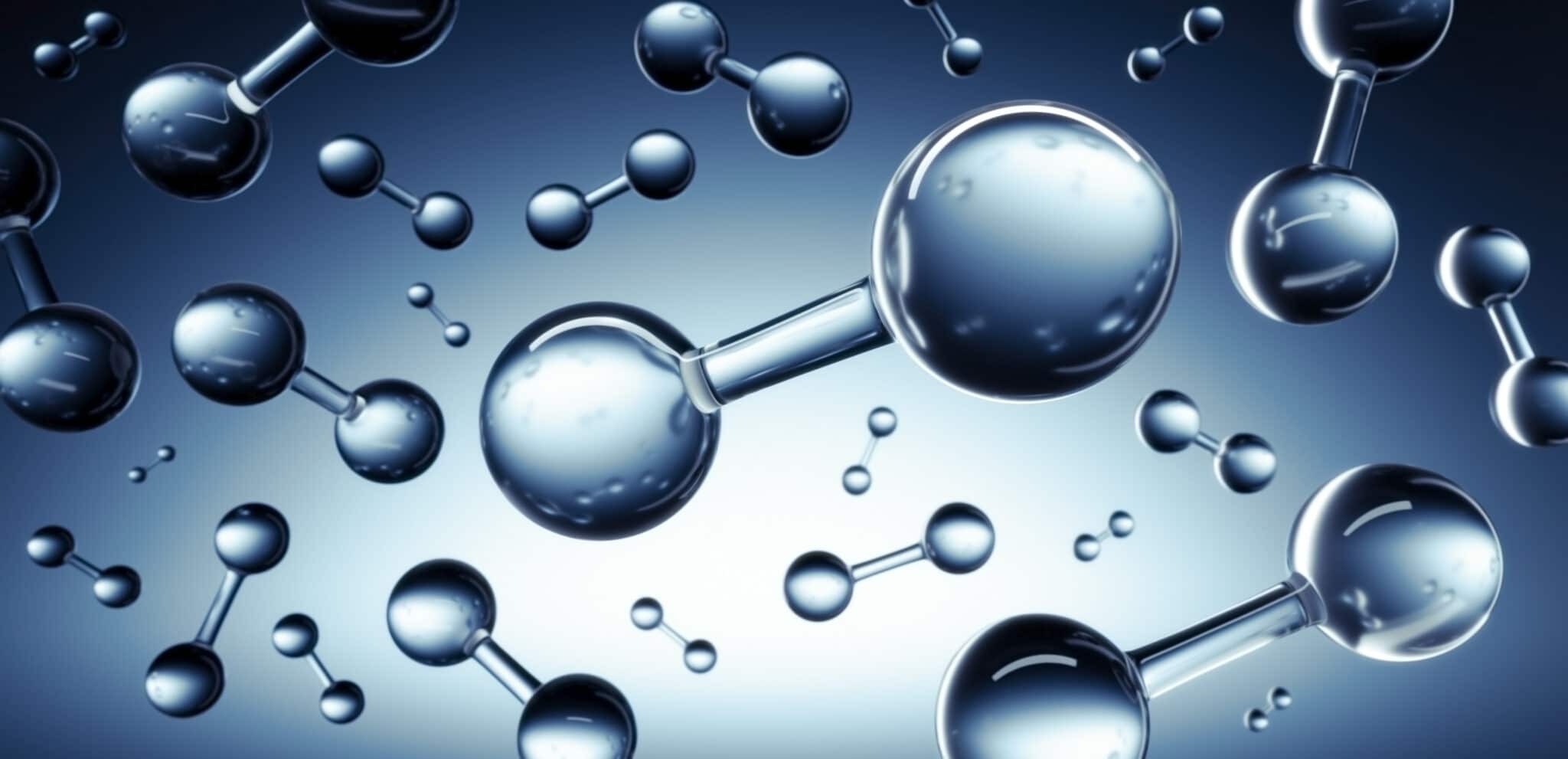Alstom and ENGIE have signed a partnership agreement to offer the rail freight sector a solution for the decarbonisation of mainline operations by replacing diesel-powered locomotives with hydrogen versions.
Under the terms of this partnership agreement, Alstom, a pioneer in the field of hydrogen-powered rolling stock, is designing a hydrogen solution based on a high-power fuel cell system that can power electric locomotives on non-electrified sections. ENGIE, a leader in energy transition and renewable gases, is supplying the renewable hydrogen for this solution via the deployment of an innovative supply chain.
This partnership will provide a low-carbon, zero-emission solution in response to climate, environmental and public health issues, including on non-electrified branch lines and sidings. The target market is the major European rail freight countries.
Alstom and ENGIE share the ambition to put hydrogen at the heart of rail industry decarbonisation. This has already been successfully demonstrated during the Coradia iLint train test, organised in March 2020 in the Dutch Province of Groningen, where renewable hydrogen was used to refuel a passenger train.
For Alstom, this partnership is in line with its strategic plan ‘Alstom in Motion 2025’ as well as its hydrogen strategy initiated in 2013 with the development of the Coradia iLint train and pursued with the acquisition of fuel cell manufacturer Helion Hydrogen Power in 2021.
“Our ambition is to accelerate the adoption of hydrogen power in the rail industry by developing innovative solutions that help green heavy-duty mobility operations like rail freight. In order to help drive the evolution of the hydrogen rail sector we need to gather stakeholders, and this is exactly why we have decided to partner with ENGIE,” said Raphaël Bernardelli, vice president, Corporate Strategy, Alstom.
For ENGIE, this partnership is in line with its aim to supply heavy-duty mobility markets with renewable hydrogen, thanks to its target production capacity of 4 GW by 2030.
“After successfully supplying the Coradia iLint during tests in the Netherlands in 2020, we are delighted to continue our efforts with Alstom in decarbonizing heavy-duty mobility by combining our respective expertise to serve European rail freight. This partnership marks a new step in the development of renewable hydrogen solutions and building a low-carbon economy,” said Sébastien Arbola, executiv

e vice president in charge of Thermal Generation, Hydrogen & Energy Supply, ENGIE.
